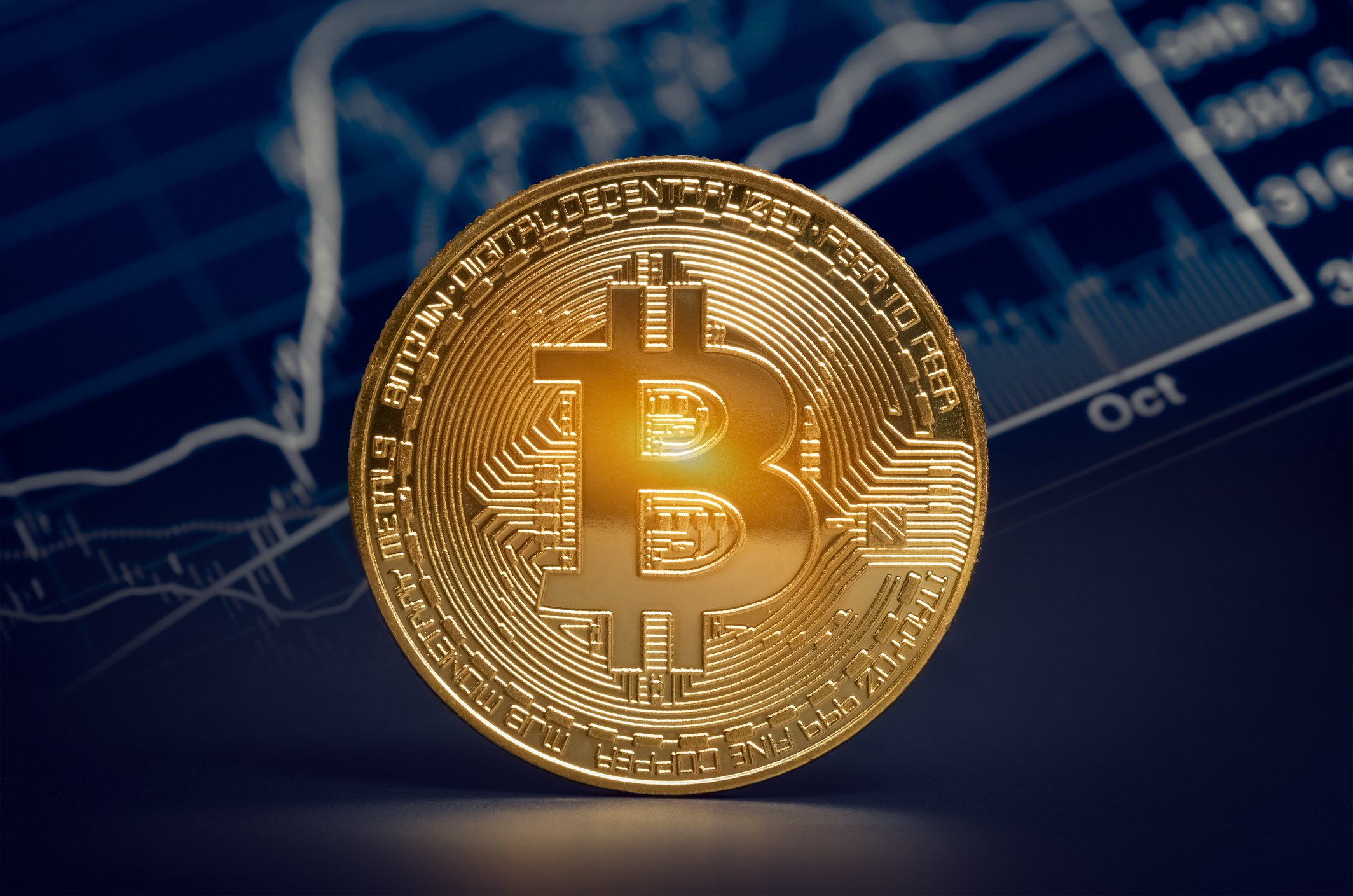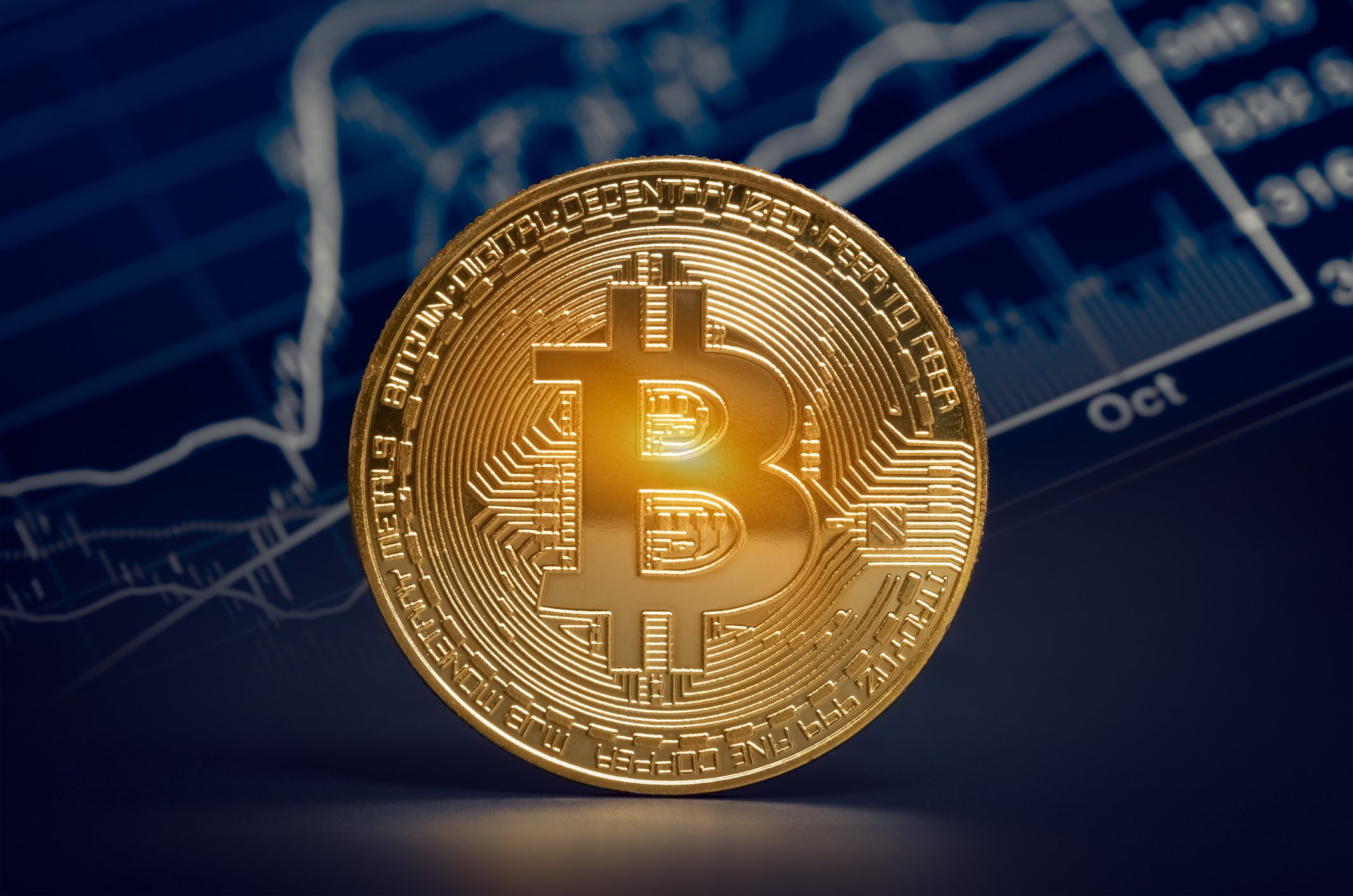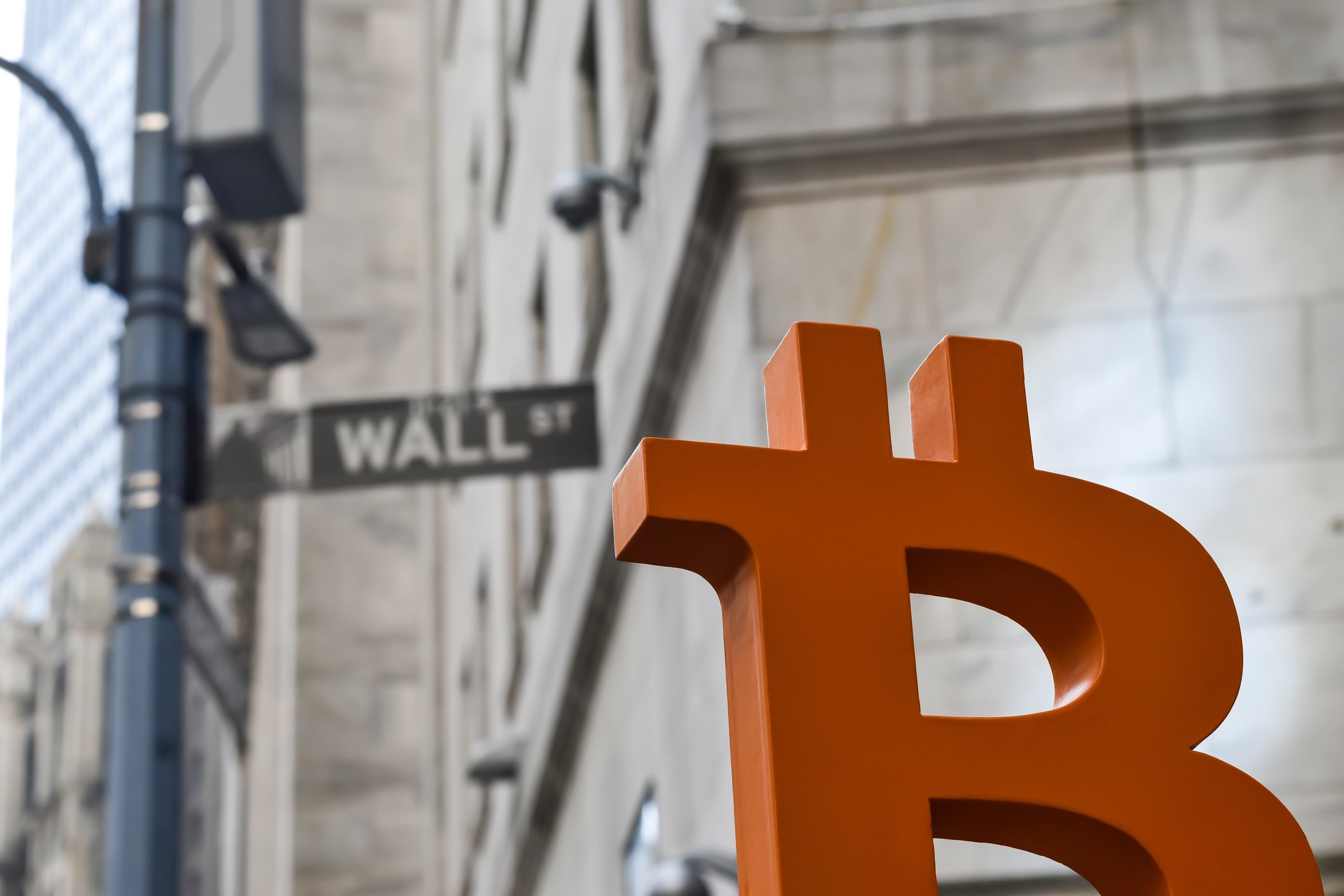Many cryptocurrencies have benefited from Donald Trump's presidential election win in November, due to the administration's pro-crypto policies. But few have benefited more than the world's largest cryptocurrency, Bitcoin (BTC +0.39%), which is up 54% since last November's election, and the world's fourth-largest cryptocurrency XRP (XRP +1.42%), which is up a staggering 330%.
Although Bitcoin has performed well, I find it unlikely that it will be able to stage an epic run and overtake XRP this year, mainly because Bitcoin has reached critical mass, making it the less volatile of the two. This isn't all bad for Bitcoin, however, and actually positions the cryptocurrency to keep generating strong gains over the long term.
Bitcoin is not the same cryptocurrency it once was
Since Bitcoin's creation, cryptocurrency has been operating with very little regulation. That made everything from Bitcoin to smaller meme tokens extremely volatile and risky. Bitcoin, however, is not the same cryptocurrency it once was.

Image source: Getty Images.
Many investors now consider Bitcoin a store of value because of its finite supply of 21 million tokens. This means the coin could have a scarcity dynamic and serve as a hedge against inflation. Despite recent inflation data trending lower, investors are still concerned about inflation reversing course due to tariffs. They are also worried about the U.S. government's fiscal situation, including a rising fiscal deficit and ballooning debt. This has provided a real use case for Bitcoin and led investors to plow money into the digital asset. Bitcoin now has a market cap of more than $2 trillion.
Bitcoin Price data by YCharts
Meanwhile, XRP has been on a crazy run after several years of underperformance. Trump's win ultimately led to the resignation of Gary Gensler, former chair of the Securities and Exchange Commission (SEC). Under new leadership, the SEC began to drop or settle lawsuits against major crypto businessess, including Ripple, the company behind XRP. The SEC had sued Ripple, its co-founder Chris Larsen, and current Chief Executive Officer Brad Garlinghouse for allegedly selling XRP as an unregistered security. The case dragged on for more than four years, but the SEC recently announced it would drop the case.
This led to a resurgence in XRP's price as investors made up for lost time and got excited about other catalysts like the expansion of Ripple's cross-border payments business and the potential launch of XRP spot exchange-traded funds. XRP can process lots of transactions per second, making it ideal for cross-border payments, and in theory, the expansion of Ripple's business could lead to more widespread use of XRP.
Unlikely to come back, but still the better option
Given that XRP is more volatile, it should benefit more than Bitcoin when the broader crypto sector rallies, making it unlikely that Bitcoin will stage a major comeback this year.
However, for the long term, I still think Bitcoin is the more prudent pick. When Bitcoin declines, it will likely decline less than most other cryptocurrencies, including XRP. Furthermore, Bitcoin continues to be viewed as an investment haven like gold and has a better chance of being bought during times of geopolitical uncertainty and as U.S. fiscal concerns deepen. These issues don't appear to be going away, leading some experts, like BlackRock, to suggest that some exposure to Bitcoin is acceptabe in a diversified portfolio.
There are coins besides XRP that can process lots of transactions per second, and it still remains to be seen whether Ripple's success can really translate into success for XRP. I still think the token has potential and is likely to outperform Bitcoin this year, but I view Bitcoin as the better, less risky option.








